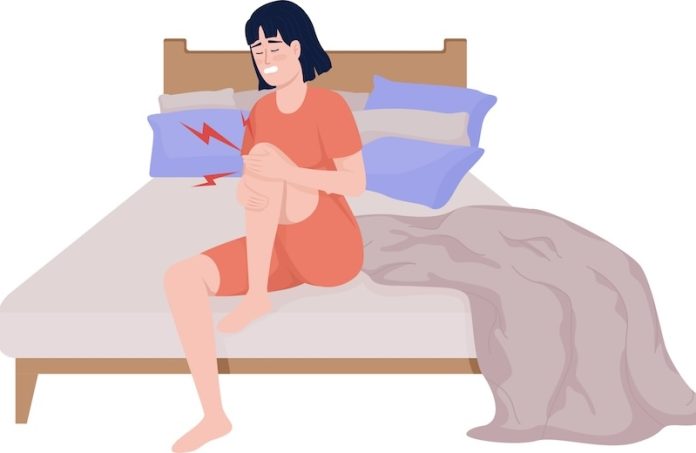
High blood pressure, or hypertension, is widely known for its role in heart disease and stroke, but less discussed is its connection to bone density loss.
This relationship may seem surprising, but emerging research is uncovering how these two conditions are linked. Here’s a straightforward explanation of what scientists have found about the connection between high blood pressure and bone density loss.
Bone density refers to the amount of mineral matter per square centimeter of bones. It is used as an indicator of osteoporosis and fracture risk. Normally, bones go through a continuous process of renewal — old bone is broken down and replaced by new bone.
However, when the creation of new bone doesn’t keep up with the removal of old bone, bone density decreases.
Recent studies suggest that high blood pressure could be a contributing factor to accelerated bone density loss. One reason for this is the role of the kidneys.
The kidneys help regulate blood pressure by controlling the amount of fluid stored in the body and the amount of salts in your blood. They are also crucial in maintaining mineral balance, including calcium, which is essential for bone health.
When blood pressure is high, kidney function can be impaired, affecting their ability to balance these minerals, and potentially leading to decreased bone density.
Furthermore, high blood pressure is associated with higher levels of calcium in the urine. When calcium is lost through urine, it’s not available to help form and strengthen bones. This loss of calcium can lead to weakened bones, increasing the risk of fractures and osteoporosis.
Several studies have observed that people with hypertension tend to have higher rates of calcium loss than those with normal blood pressure, suggesting a direct link between hypertension and reduced bone density.
Another aspect of this connection is related to medication. Some medications used to treat high blood pressure, particularly diuretics, can increase calcium excretion through the urine.
While these medications are effective at managing blood pressure, their impact on calcium levels might contribute to bone density loss if not carefully managed under medical supervision.
The hormone system also plays a role. High blood pressure can affect hormone levels, including those that regulate bone turnover.
For example, high blood pressure can lead to lower levels of estrogen in women, which is crucial for bone strength. Estrogen deficiency is a well-known risk factor for bone density loss, especially in postmenopausal women.
Lifestyle factors shared by both high blood pressure and low bone density, such as physical inactivity and poor diet, also contribute to this link. Both conditions are negatively influenced by obesity, smoking, and excessive alcohol consumption.
On the positive side, lifestyle changes that benefit bone density — such as regular exercise, a diet rich in calcium and vitamin D, and moderate alcohol intake — can also help manage blood pressure.
To mitigate these risks, it’s important for individuals with high blood pressure to discuss bone density with their healthcare provider. Regular bone density tests may be recommended, especially for those at higher risk of osteoporosis.
Managing blood pressure through medication, diet, and lifestyle changes not only helps prevent cardiovascular problems but may also protect bone health.
In conclusion, the relationship between high blood pressure and bone density loss is supported by growing evidence. Understanding this link can lead to better management strategies that address both conditions simultaneously, improving overall health outcomes.
Individuals with high blood pressure should consider bone health as part of their comprehensive health management plan, ensuring both are monitored and treated in concert by healthcare professionals.
If you care about pain, please read studies about vitamin K deficiency linked to hip fractures in old people, and these vitamins could help reduce bone fracture risk.
For more information about wellness, please see recent studies that Krill oil could improve muscle health in older people, and eating yogurt linked to lower frailty in older people.
Copyright © 2024 Knowridge Science Report. All rights reserved.



